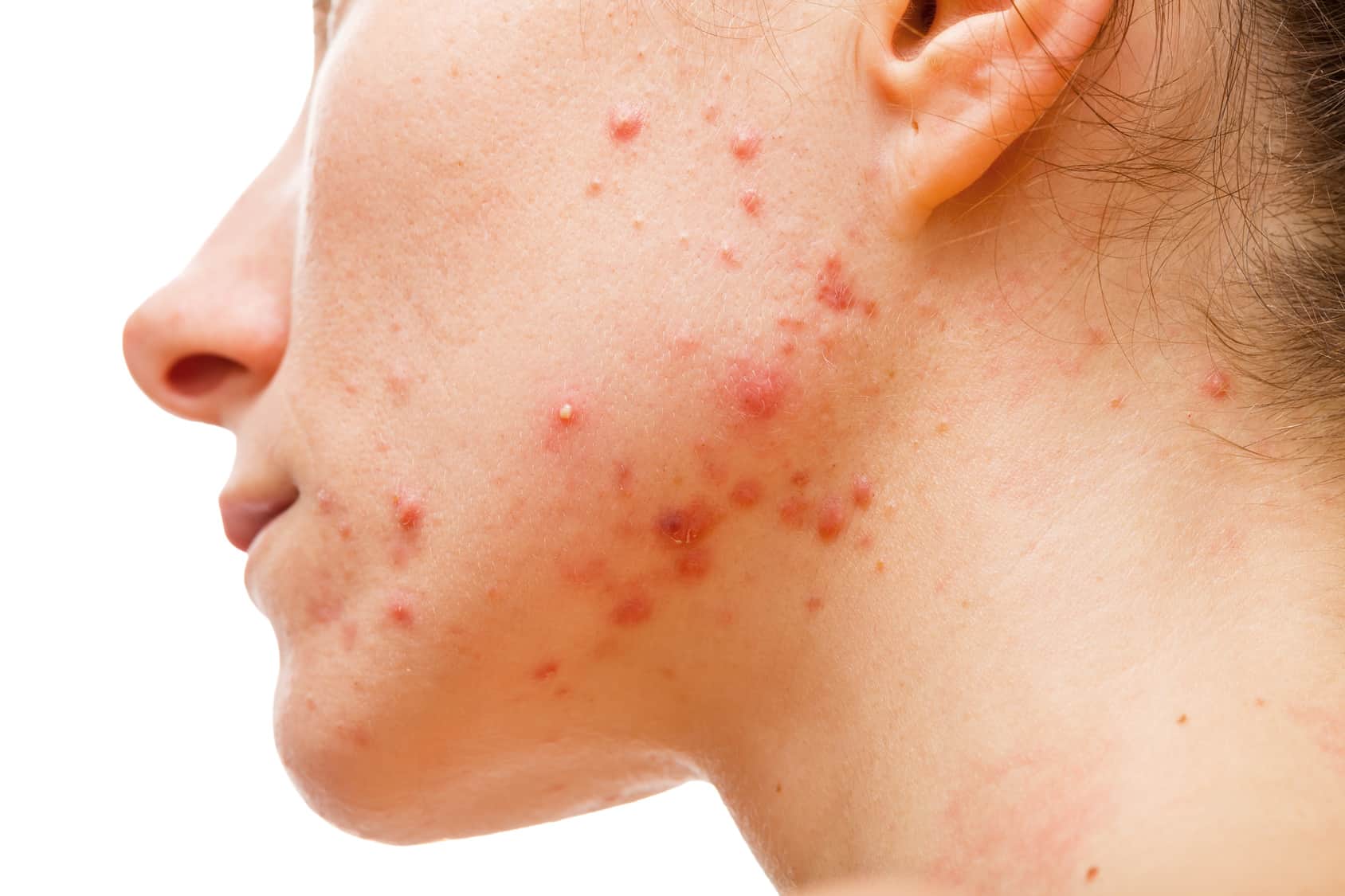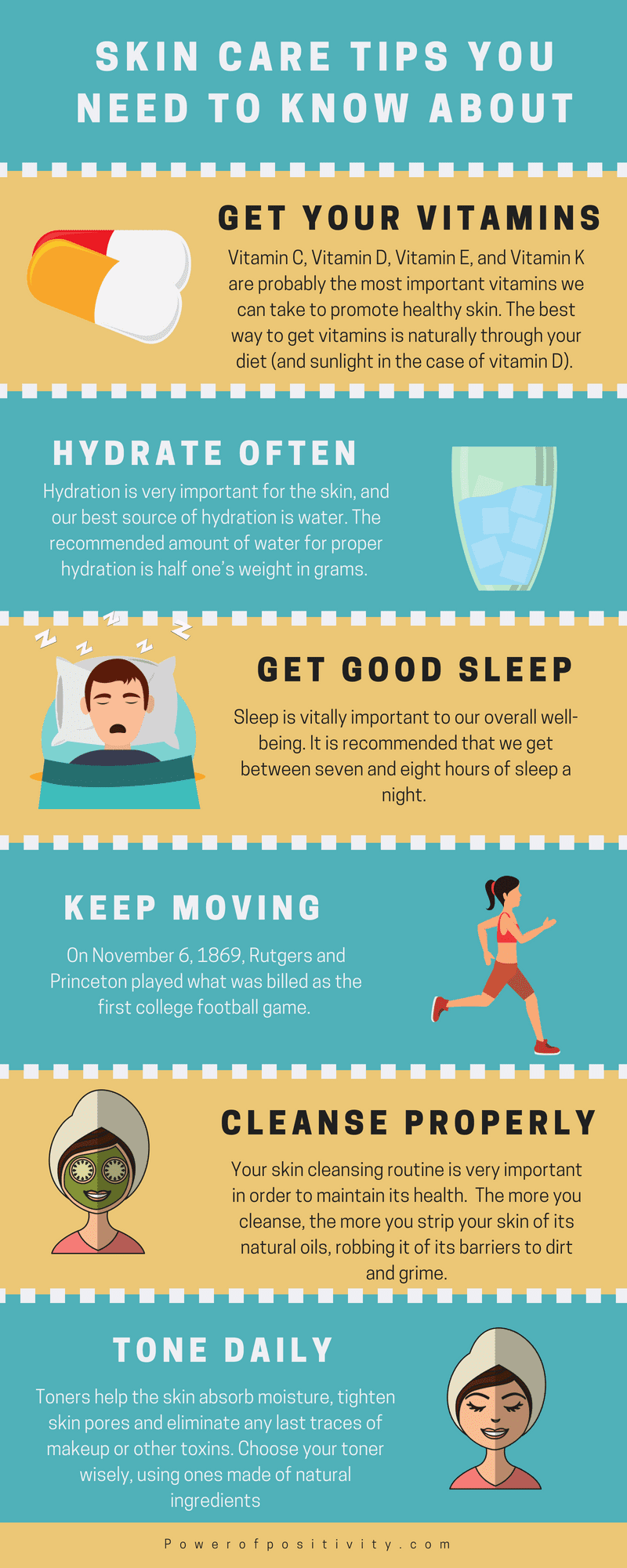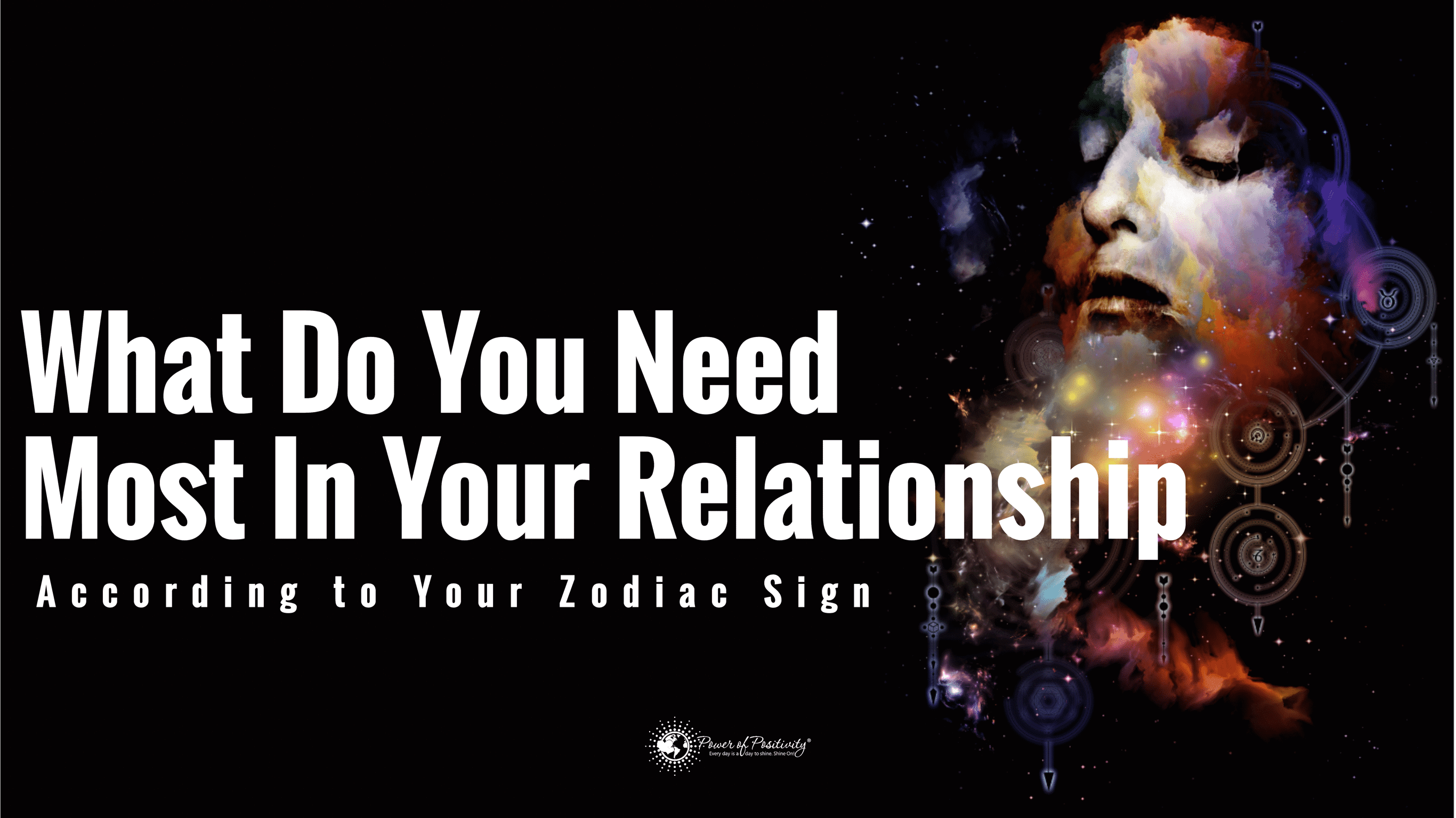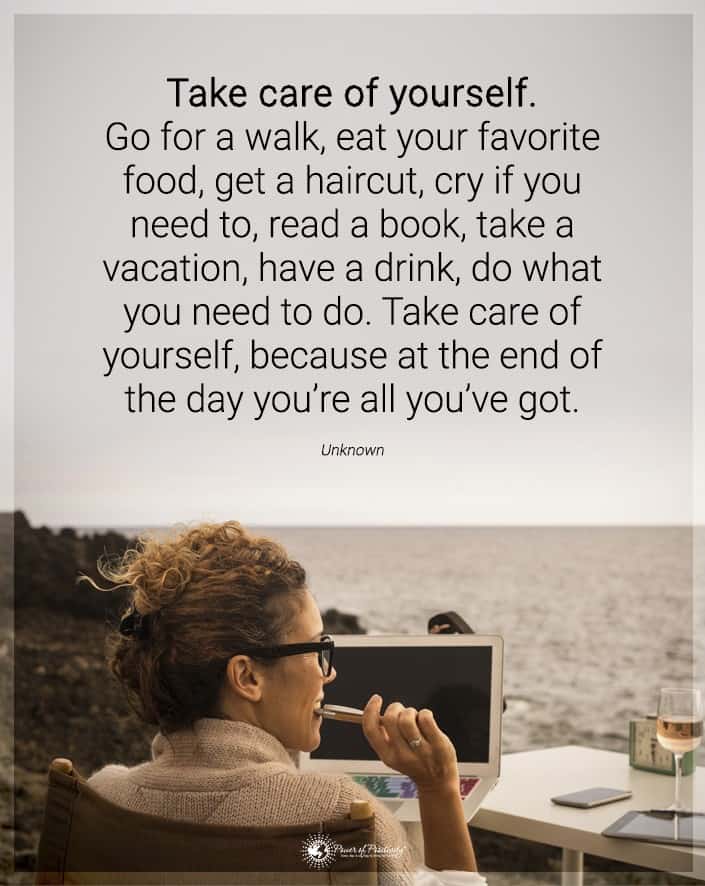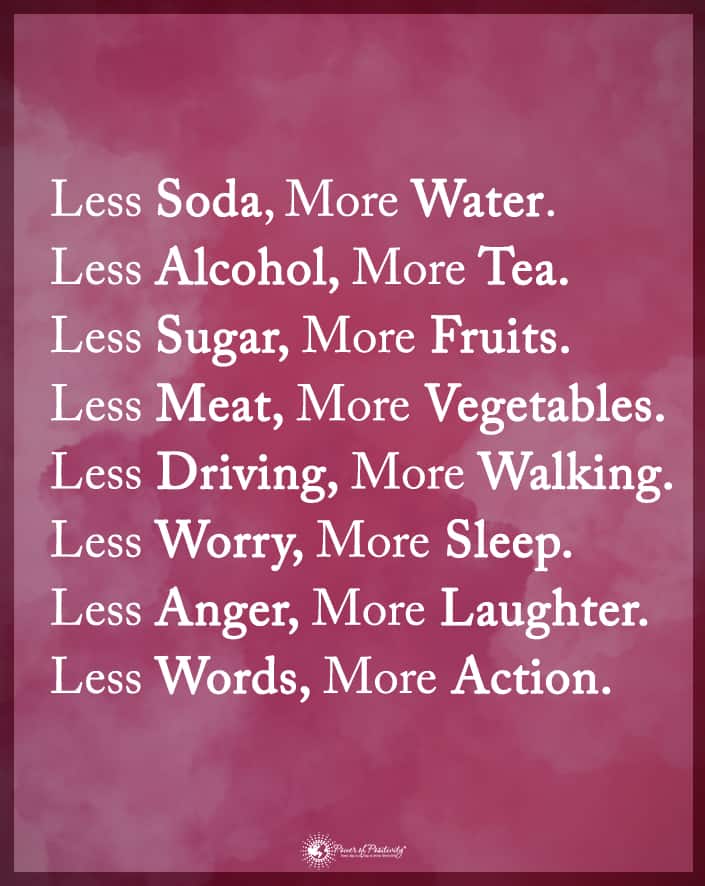Do you wake up tired every day?
When you get seven to nine hours of sleep, you generally wake up quite refreshed. Sure, there may be a bit of the “sleep eye,” but it’s nothing a cup of coffee and a hot shower won’t cure. A non-morning person may need a bit (maybe, a lot) more coffee – but they’ll still shake it off.
Odds are, if you constantly feel yucky and groggy during the morning hours, there’s something amiss. While not a medically recognized term, brain fog is an actual condition. Brain fog is also quite common – but it isn’t a healthy or normal state.
We’re going to discuss five significant reasons for brain fog and how to combat this crappy feeling. We’ll call these “fog fixes” just for fun.
Here are five reasons you still feel tired when you wake up:
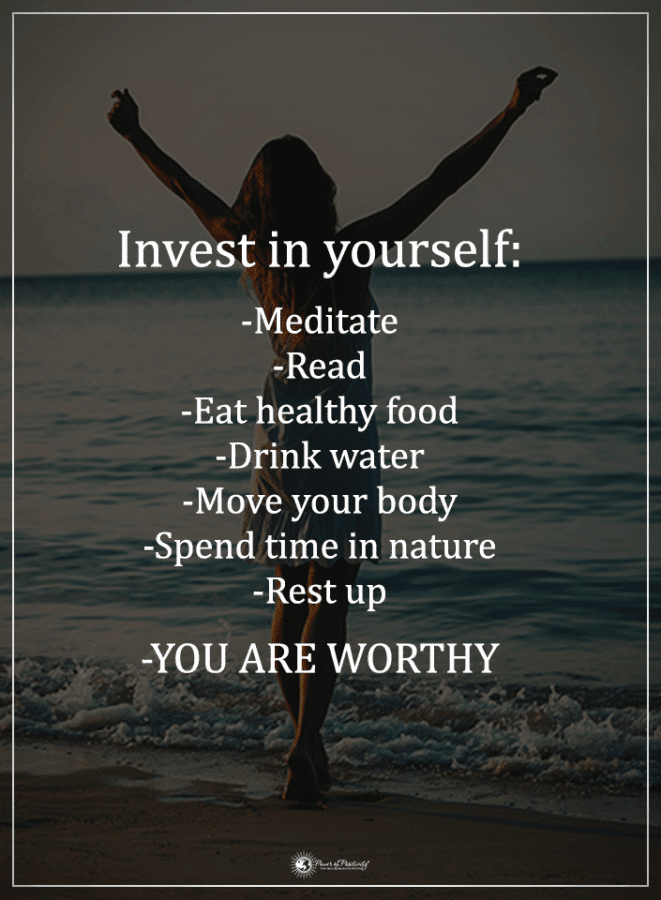
1. Lack of quality sleep
Big surprise, what takes numero uno, right? A surprise to (*counting hands*) no one?
Per the National Sleep Foundation or NSF, “at least 40 million Americans suffer from over 70 different sleeping disorders … 60 percent of adults report having sleep problems a few nights a week or more.”
Without proper sleep (around 7-9 hours for a healthy adult), the brain and body can not be replenished. An idle mind plus a sluggish body equals a bad day.
Fog Fix #1: Get in the habit of going to bed and waking up at the same time every night, even on the weekends. Have a standard set for bedtime (e.g., shower, put on jammies, dim lights, read for 30 minutes, lights out.)
2. Poor nutrition/bad diet
While you may be eating healthy, it doesn’t mean you’re getting the necessary nutrients. Nutritional deficiencies are prevalent – and a big reason for brain fog.
Fog Fix #2: Ensure that you’re (a) eating a well-balanced, healthy diet and (b) supplementing for shortcomings in nutritional intake. Vitamins A, C, and B12, along with calcium, magnesium, and zinc, are essential for brain health.
Taking a high-quality multivitamin is an excellent option to get all essential and non-essential nutrients. Pure food sources are even better.
3. Chronic stress
There’s this widespread myth in society that subjecting yourself to constant stress for the sake of work (“productivity” *cough* “BS!” *Cough*) is noble.
What?!
We have all the technology to make every piece of information in the world available at our fingertips, yet, less than one-quarter of Americans work for a company that allows remote work. Ironically, over 80 percent of people who work from home report higher satisfaction.
Productivity? Data studies show remote work increases it dramatically.
Work is a massive part of the stress epidemic in this country (and others.) It’s a problem yearning to be corrected – and we’re failing miserably. Limited free time, stagnant wages, and more responsibilities also contribute to this epidemic.
Fog Fix #3: Of course, check if your employer allows remote work. Also, keep a schedule (as much as you may hate the idea), as doing so will let you see where your time is spent. This allows you to adjust the said time accordingly. Take any measures to reduce your stress levels. (This list is a great place to start!)
4. Stagnant lifestyle
As in, we’re turning into constantly tired couch potatoes. Something that is almost justified given the insane time stress we’re always facing.
(I’ve dealt with this issue myself, working and studying (still), gaining weight, and putting back on weight. Not an easy cycle to break.)
But this stress is exactly why we need to make time for exercise. Consider the following:
- Even moderate exercise releases endorphins and neutralizes cortisol. The former mechanism gives us that euphoric post-workout feeling; the latter minimizes stress.
- There is a proven correlation between exercise and brainpower.
- Walking at a reasonable pace is one of the best exercises to clear your mind.
Fog Fix #4: Take simple steps to get more exercise. You needn’t train like a cyclist for the Tour De France. A brisk 15-30 minute daily walk will suffice. Of course, as time permits, ratchet up the intensity a notch. You can do it!
5. Dehydration
Consider this statistic: it takes only a 2% drop in hydration levels to affect attention and memory. Consider a second statistic: more than three-quarters of Americans are chronically dehydrated.
Water gives the brain the electrical energy needed for all brain functions, including thought and memory processes. H2O is also required for the production of brain neurotransmitters and hormones.
Fog Fix #5: This is a simple solution, yet it can be hard to remember. Carry a water bottle with you at all times. Even better, keep a water bottle at every location where you spend chunks of time.
If you make a conscious effort to do this, you will drink more water. As a result, you’ll be more focused, think much faster, and maximize your creativity!
6. Too much sleep
No, that’s not a typo. Too much sleep CAN make you feel tired. When you sleep longer than usual, it disrupts your body’s internal rhythm. Otherwise known as your circadian pacemaker, these are just cells in your brain that control things like your hunger, thirst, sweat, and even your internal body clock. When you sleep too much, it throws off your body’s regular schedule. This makes you feel tired, almost as if you woke many hours before.
Fog Fix #6: Try to keep regular bedtimes and wake-up times to stay in a good rhythm.
7. Over-exercising
Exercise is good, but if you overdo it, you will feel fatigued. It would help if you took some days off from your exercise routine to allow your body to recover fully. Feeling tired after exercise is normal, but you have probably gone overboard if you’re feeling fatigued. Fatigue can interfere with your ability to do life’s everyday activities like work, school, and home life.
Fog Fix #7: Break up your exercise routines off and on days of strenuous exercises and weight lifting. And be sure to drink lots of water after exercising so you don’t get dehydrated.
8. Bedroom temperature
If your bedroom is too cold or too hot, it will disrupt your sleep. You may wake up during the night because you’re uncomfortable. Perhaps you don’t remember waking up, but you feel tired the next day. This is because you didn’t get refreshing sleep.
Fog Fix #8: Keep your room at a pleasant temperature. Make sure you have enough blankets and good-quality sheets to help you feel comfortable.
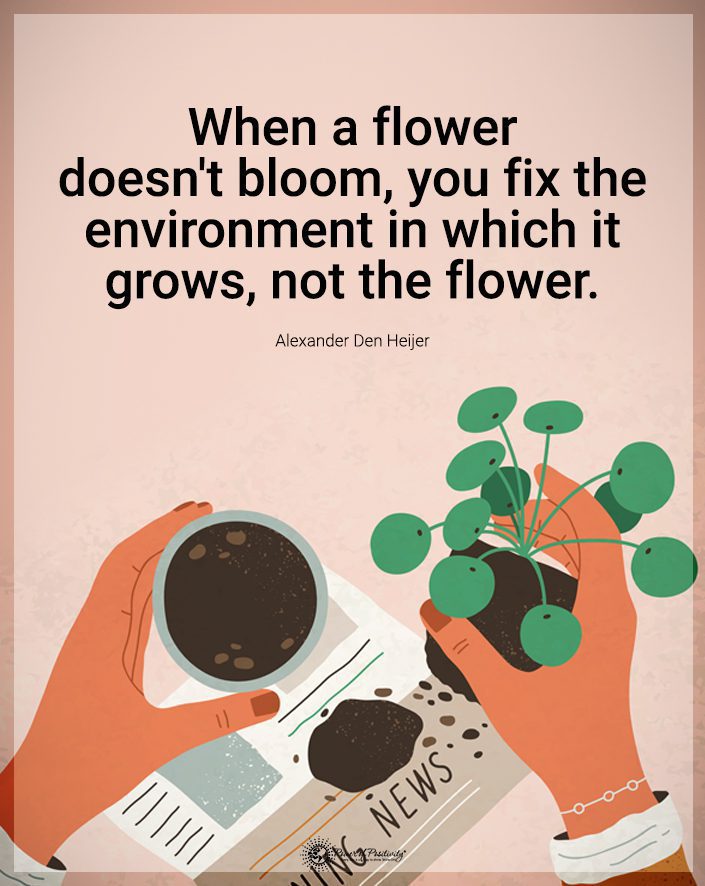
9. Anemia
Anemia is a sign you have an iron deficiency. This means your body isn’t making the right amount of red blood cells in your blood. The red blood cells supply your body with oxygen. If you’re anemic, you’ll feel tired all the time. A staggering number of women of reproductive age become anemic. Left untreated, anemia can lead to grave complications. To boost your iron, add iron-rich foods to your diet, including:
- Liver
- Turkey
- Beans
- Spinach and other leafy greens
- Shellfish
- Pumpkin seeds
- Quinoa
Fog Fix #9: If you feel tired all the time, ask your doctor to test your blood for anemia.
10. Overdoing the alcohol
It’s easy to think that drinking alcohol helps you sleep because you get sleepy when you drink it. Sadly, this isn’t the case. Alcohol disrupts good sleep, so you feel tired the next day. Alcohol dehydrates and makes you snore. Both things can prevent you from getting a night of deep, restful sleep.
Fog Fix: #10: Avoid alcohol right before bedtime. If you must have a cocktail, sip one with dinner earlier in the evening. Of course, you must always moderate your intake.
11. Blame it on your mattress
If you’re feeling tired all the time, you may need a new mattress. A worn-out mattress can mess up your sleep. A lumpy or limp mattress will also cause you back pain, which prevents you from sleeping well.
Fog Fix #11: Mattresses can be expensive, but weigh the cost versus benefit and decide if a new one is worth your money.
12. Your medications
Particular medication’s side effects include tiredness. If you’ve recently started taking a new drug, check the side effects. The most common medicines that make you feel tired include:
- Antihistamines
- Brompheniramine
- Diphenhydramine
- Hydroxyzine
- Meclizine
Fog Fix #12: Check with your doctor if you take these medicines. They might be able to offer you an alternative or adjust your dose.
13. Blue screens
Computers, televisions, and your iPhone screens are big offenders against you getting a deep night’s sleep. Blue screen technology provides you with entertainment, education, and the ability to work anywhere, but they’re not sleep-friendly. The blue screens stimulate your brain, so you can’t sleep. The lights from these screens also inhibit your body’s melatonin production, the chemical hormone that helps you sleep.
Fog Fix #13: Create a charging station for your electronic devices outside your bedroom.
14. You’re sick
Infections, thyroid disease, diabetes, and kidney disease cause you to feel tired. Low blood sugar and dehydration from diabetes make you feel tired. Hypothyroidism is a disorder of the thyroid gland in your neck. It affects your metabolism, which can make you feel tired. Kidney disease also affects how you think. When your kidneys aren’t functioning correctly, your body isn’t removing toxins. This makes you feel tired and weak. Even low-grade infections can make you feel worn out.
Fog Fix #14: If you’ve been feeling extra tired lately for no apparent reason, it may be good to see your doctor for a checkup to get to the root cause of your tiredness problem.
15. You have sleep apnea
Sleep apnea is a severe condition that impedes your ability to sleep. It causes you to stop breathing for short periods during the night. You may not even know you have sleep apnea, but if you keep waking up during the night, it could be a sign you have this condition. Sleep apnea makes you feel tired during the day. It can also cause other health problems such as diabetes, a heart attack, and high blood pressure. Other signs that you may have sleep apnea include:
- Loud snoring
- Feeling tired even after a long sleep
- Trouble staying asleep at night
- Gasping for air when you sleep
- Dry mouth when you wake up in the morning
- Headaches, especially in the morning
Fog Fix #15: If you have any of these symptoms, speak with your doctor. They can do tests to determine if you have sleep apnea. There are medications and other remedies to prevent sleep apnea.
Final Thoughts On Waking Up Refreshed (Not Tired)
Getting a good night’s sleep isn’t as easy as it sounds. If you’ve noticed that you’re feeling tired, something could interrupt your sleep even after you’ve had a decent rest. You can do many things to improve your sleep, such as not eating or drinking near bedtime, limiting your caffeine, not over-exercising, eating a balanced diet, purchasing a new mattress, or even avoiding your blue screen technology before bedtime. If you’ve tried all these things and still feel worn out, you could fight an infection, or perhaps your medications are the culprits. It’s worth getting a checkup and looking at the side effects of your medications. You want to wake up refreshed, not tired. Getting enough sleep is essential for your good health and feeling your best.


